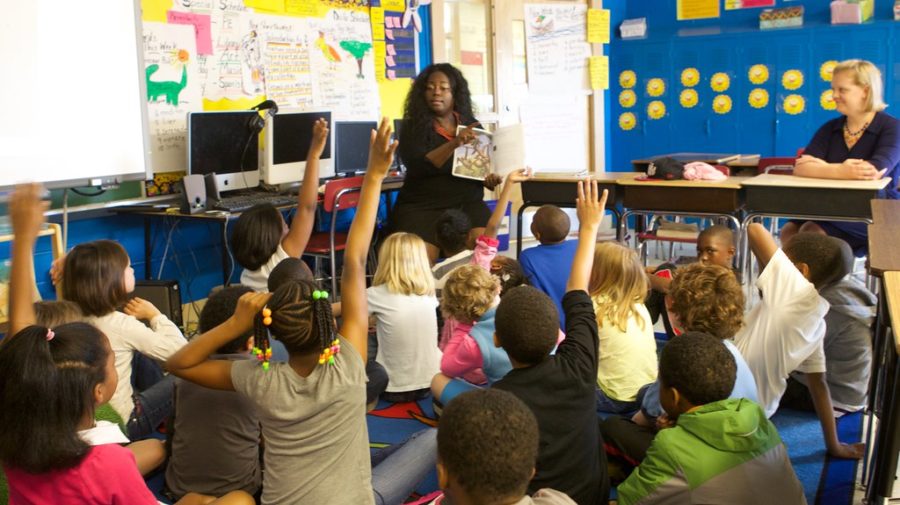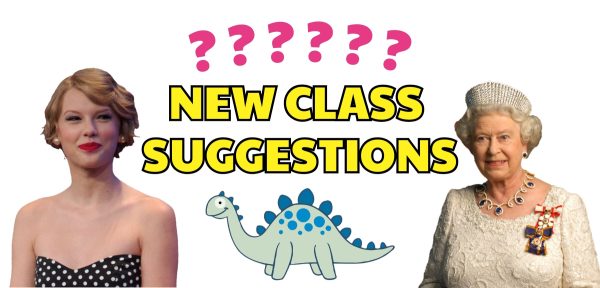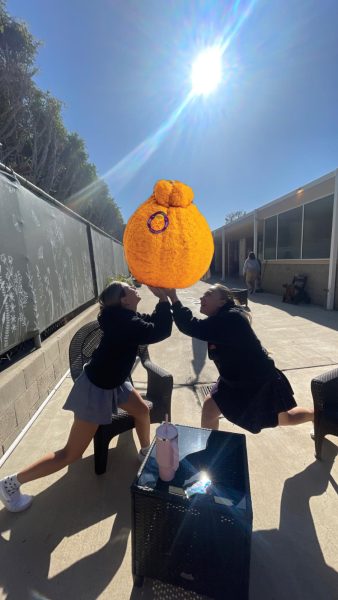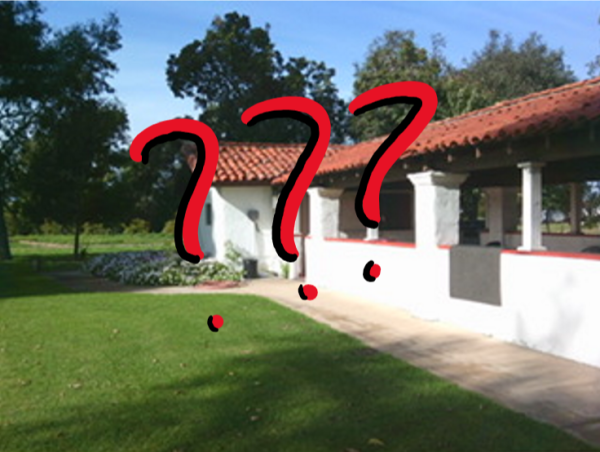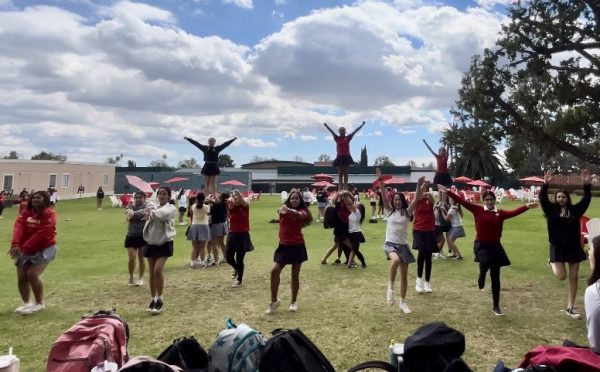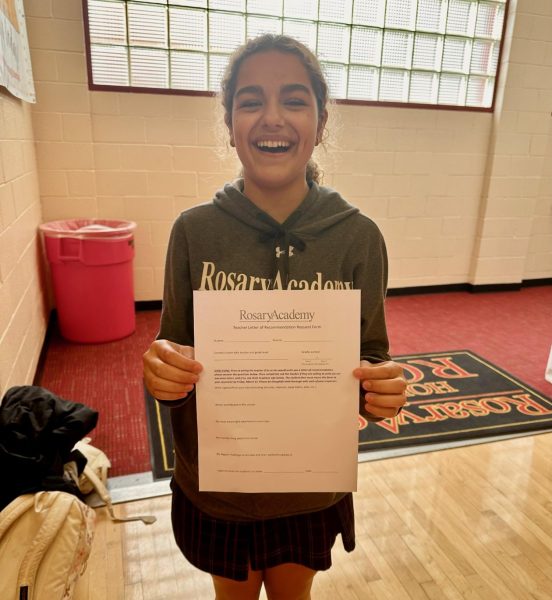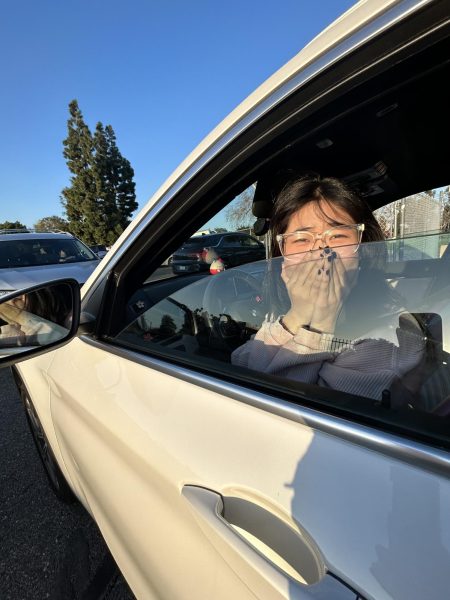Concerns of a student
More stories from Trinity Delacruz
Are students truly being prepared for the “real world”? (Photo taken from Google Images via Creative Commons License)
Picture this: You are an adult, driving home after a long day. Suddenly, you get a flat tire. What should you do? Luckily, all those years of school have prepared you for this real-world situation. Suddenly it hits you! You’ll fix this flat tire using the order of operations, PEMDAS! First, find the parentheses, then locate where the exponents are… Wait. Where are the parentheses? You realize this isn’t useful, and you need to try something else. Perhaps the quadratic formula…?
Such is the future that we students face.
School is the main form of education in today’s society. It is the door to untapped knowledge, the portal to wisdom, and the pathway to excellence. School directs students, like me, through a period of moving from the darkness into the light. School brings truth and uncertainty, and it equips the younger generations with the knowledge critical to prosperity in life.
Then why, may I ask, is school teaching us such useless information? Where exactly is the useful knowledge?
For example, I could tell you the Pythagorean theorem, a^2 + b^2 = c^2, but I could not tell you a thing about how to pay taxes. I could easily find the slope of a line between two points, but I could never figure out how much to tip my server after dining in at an IHOP.
I’m not trying to bash math. Of course, learning math is important, but when are we ever going to use things like the FOIL method or the unit circle in life? I mean, if we really had to know these kinds of things, then maybe there wouldn’t be robots that are literally programmed to efficiently compute these kinds of problems. However, do we really need to learn how to calculate angles or solve piecewise equations in order to function in society? Wouldn’t it be more practical for math teachers to teach students more relevant topics?
Here are a couple of relevant questions I have.
How do you pay taxes? What even are taxes? How do you open a credit card? How do you deal with credit card debt? How do credit cards even work? Is managing finances difficult? How do you get a loan from the bank? How do you pay it off properly? How do you write a resume? How do you get a job? How do you handle different coworkers and managers? How do you buy a car? How do you register a car? How do you change a tire? How do you buy a house? How do you vote? How do you cook? How do you sew a button? How do you use a plunger?
Shouldn’t we know at least a few of these things?
Our educational system prioritizes knowing how to find the area of a cylinder over how to find a good career, mastering how to write cursive over how to write a resume, and learning how to understand ancient bloodletting methods over how to administer basic first aid. With all due respect, I believe we are being set up to meet our demise.
However, if the objective of school is to get children to memorize and regurgitate useless information, then I can tell you that our schools are nailing it.
But if students like me continue down this useless and impractical route, then I anticipate that the future—our future—will hold countless adults who won’t know how to fix their tires. But not just tires. We won’t know how to sew buttons, how to budget or disburse our earnings, and most importantly, how to survive in the “real world.”
And for the record, I have no idea what disburse means. But if I used it right, then maybe we don’t really need to rely on school to learn after all. Forget it. I’ll just google it.

